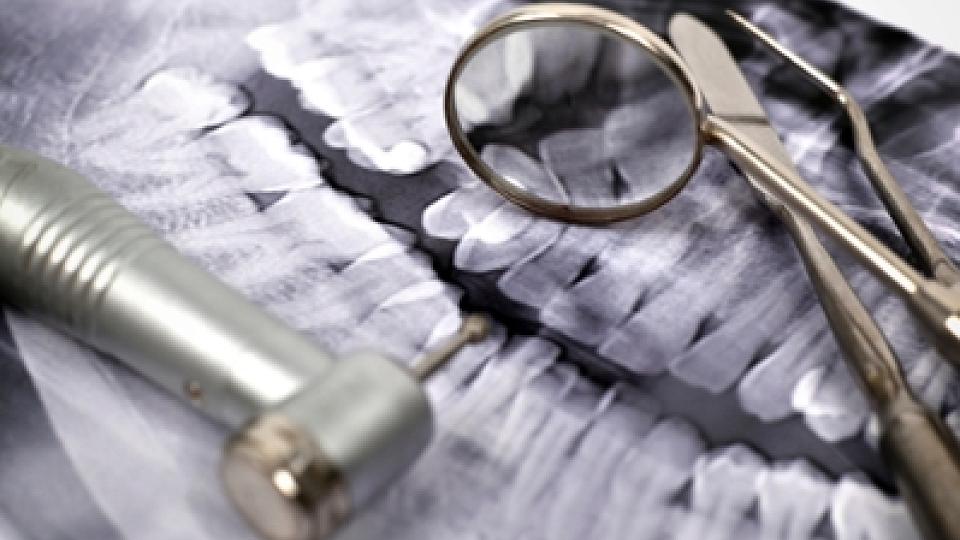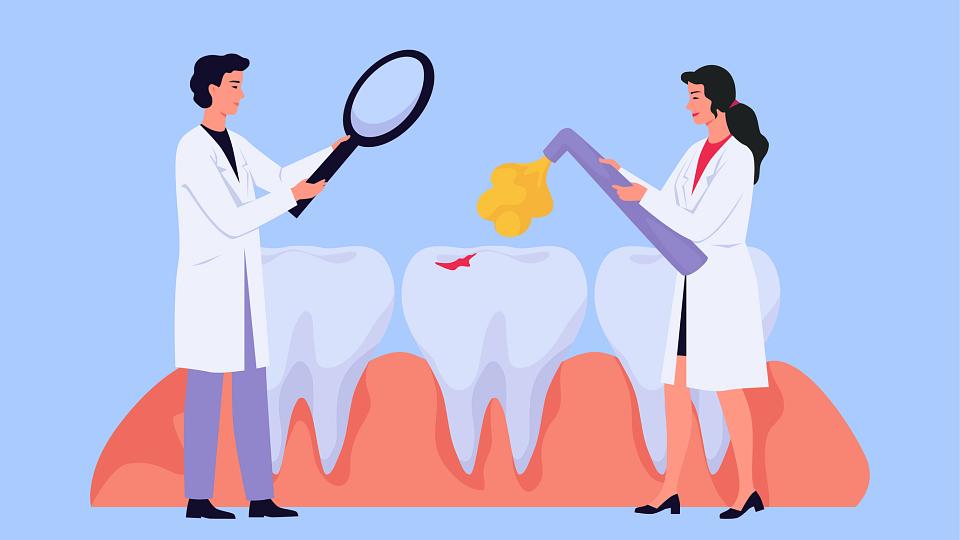
Finding Affordable Dental Care When You Don't Have Dental Insurance
If you're like many Americans, you may not have dental insurance. In fact, more than 40 percent of people living in the US don't have dental coverage.
If you don't have insurance, one of the best ways to get affordable dental care is to see a dental resident or dental student. That's because they often provide discounts to patients who don’t have dental insurance (also called self-paying patients).
What Is a Dental Resident?
When most people hear the phrase dental resident, they think of someone who's still in dental school. But did you know that dental residents aren't students?
Dental residents have graduated from dental school and are fully licensed to practice dentistry. Residents have chosen to expand their skills by attending a one-year post-graduate residency program.
Dental residents:
- have completed dental school and have a graduate degree (DDS or DMD), and
- have all the qualifications that private dentists do.
A major difference difference between dental residents and dentists in private practice is that dental residents are furthering their education and training, similar to professional education. This means they have more training and qualifications than most private dentists.
Special Needs Dentistry
Dental residents also treat more unique dental problems than dentists in private practice do. Many dental residents have experience treating patients with:
- cancer (chemotherapy & radiation),
- special needs (like autism & developmental disorders), and
- traumatic injuries on their face.
In terms of training, dental experts say that one year of dental residency is often worth five years of private practice. So you can be confident that you'll receive high-quality care from a dental resident.
6 Reasons to See a Dental Resident
1. Discounts & Lower Costs
If you don't have dental insurance, many dental residency programs offer large discounts (25—30 percent) if you're willing to pay for your bill at time of service. You can usually get discounts for both simple and more complex procedures, like root canals, dentures, and implants.
2. Specialized Treatment
If you need treatment for a more specialized condition, seeing a dental resident is a good option. That's because dental residents master multiple areas of dentistry. Dental residents offer treatment in:
- general dentistry & oral surgery
- orthodontics (jaw problems, crooked teeth, & bite problems)
- endodontics (root canals)
- periodontics (gum disease & other structures that support your teeth). Dental residents treat diseases like gingivitis and periodontitis (inflammation of the gums) and bleeding of the gums.
- implantology: (dental implants). If you have missing teeth, getting your dental implants from a resident who has training in implant placement can be an affordable way to go.
3. Injuries & Accidents
If you've had a traumatic injury in your mouth, a dental resident is better equipped to help you meet your needs. Dental residents often collaborate with other specialists like plastic surgeons during reconstructive and cosmetic surgery. For example, many residents are trained in the emergency room to deal with facial traumas and reconstructive techniques.
4. Special Needs Patients
If your child or loved one has autism or a developmental disability, it’s important they get care from a dentist who has the expertise to treat them. Dental residents have experience caring for people with special needs, including autism, Down syndrome, and developmental disabilities. These patients often can't get quality dental care in a traditional setting. Dental residents are also trained to care for special needs patients in the operating room.
5. Anesthesia
If you have a complex dental problem that you need to be put to sleep for, seeing a dental resident who has training in anesthesiology is a safer option. Residents are trained to give anesthesia for complex dental problems. This means they have special expertise to monitor patients when they're unconscious under anesthesia. Special procedures include:
- IV starts & IV sedation
- Intubation: this is when a tube is placed through your mouth and into your airway to help you breathe while you're under anesthesia or sedation.
6. Advanced Dental Care
You should see a dental resident if you’re looking for high-quality dental care at a reduced price.
Dental residents have advanced training and a broader skillset then most dentists in private practice. If your mouth problem is more complicated (like a root canal or mouth injury), dental residents are an especially good choice.
What Is a Dental Student?
If you need a filling, crown, or a simple procedure, seeing a dental student is a good option for some patients. There's often a 50 percent discount when you go to a student dental clinic for dental care.
Is Seeing a Dental Student Safe?
Some patients worry that seeing a dental student isn't safe because dental students aren't yet licensed dentists. Many patients assume that because dental students are still in school, they're not qualified to perform dental procedures.
It's true that dental students haven't graduated from dental school and are still in the process of learning dentistry. But that doesn't mean getting dental care at a dental school isn't safe.
In fact, a licensed dentist is always present during all procedures to supervise everything a dental student is doing. In this way, the supervising dentist makes sure you get safe, high-quality care.





